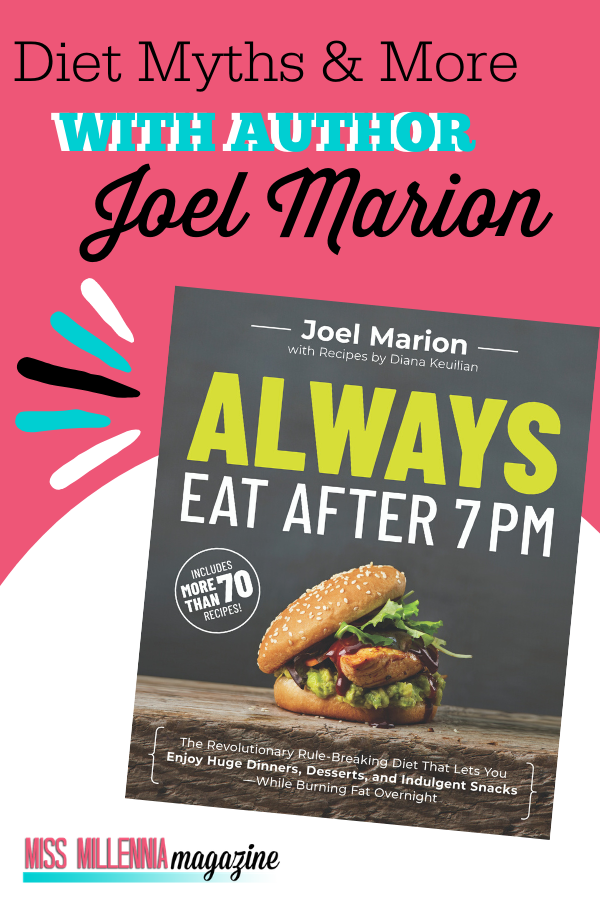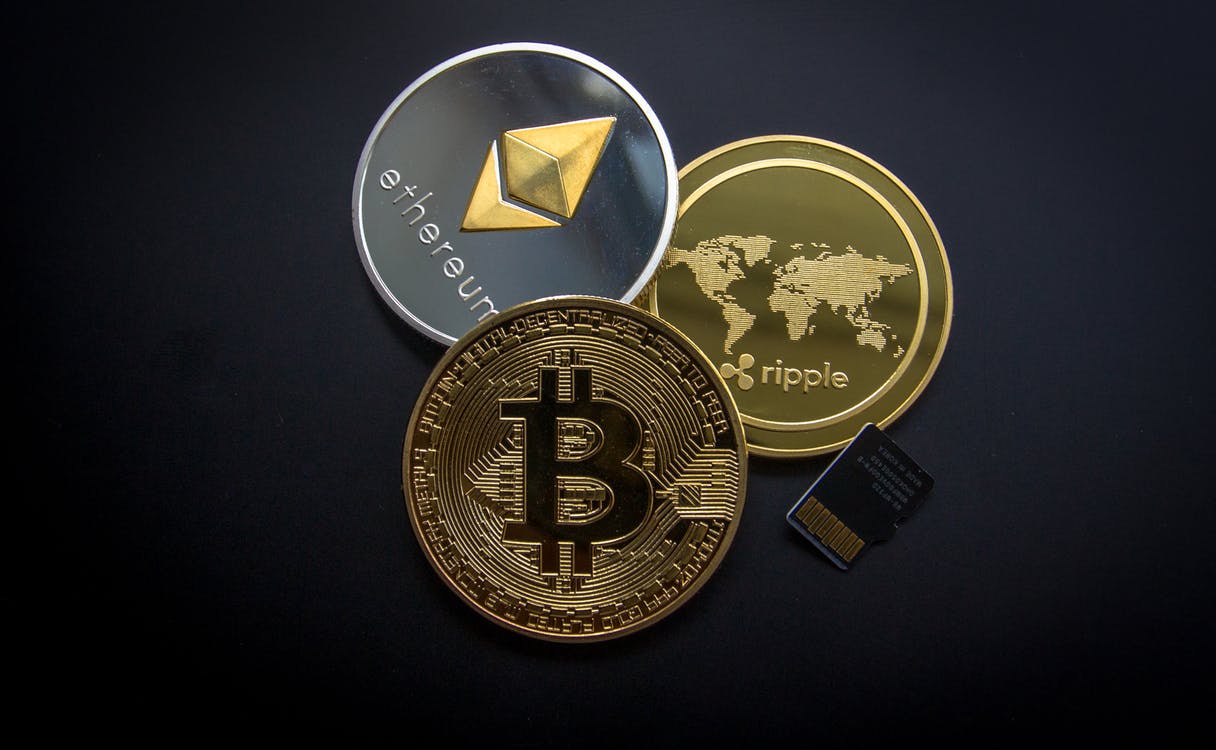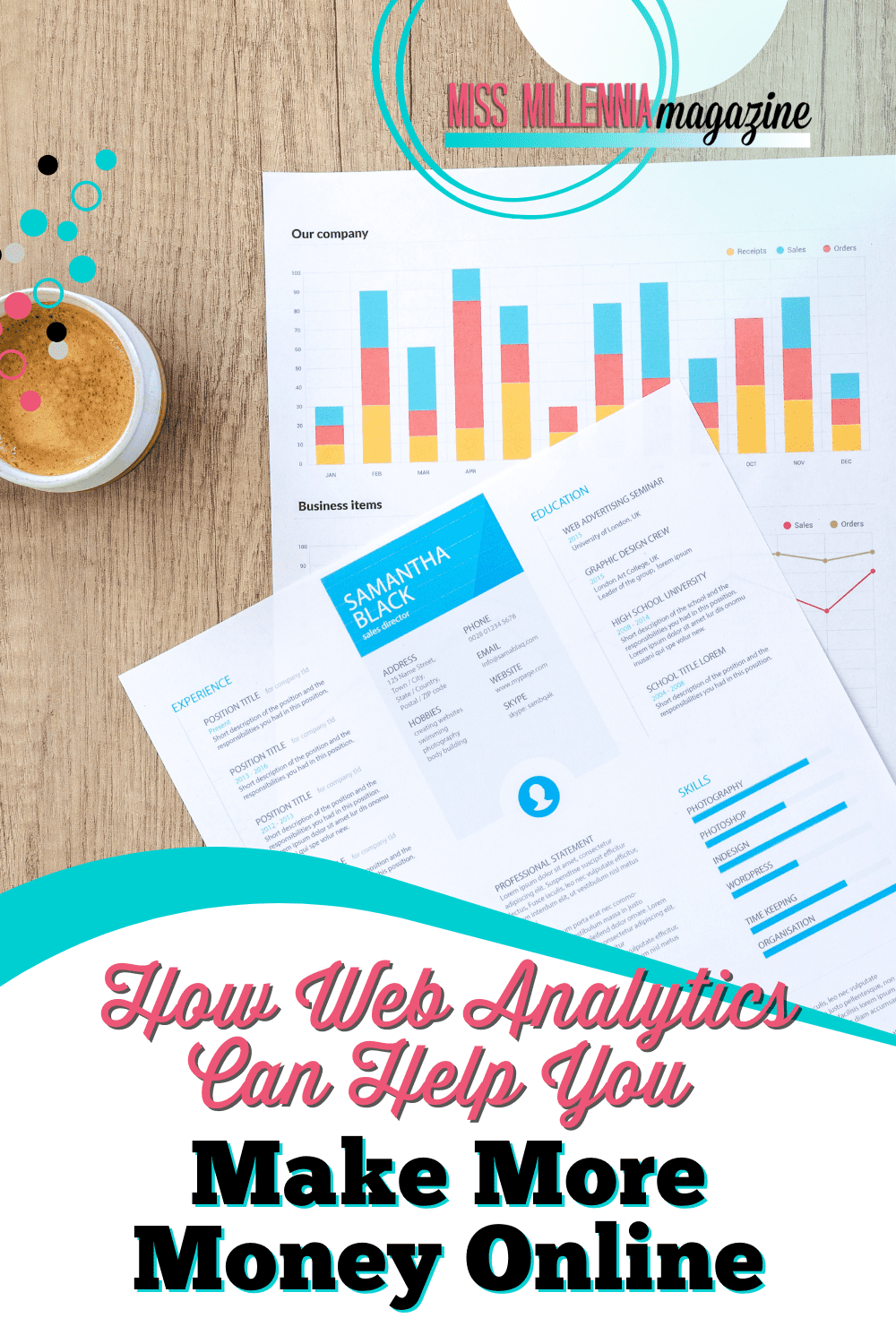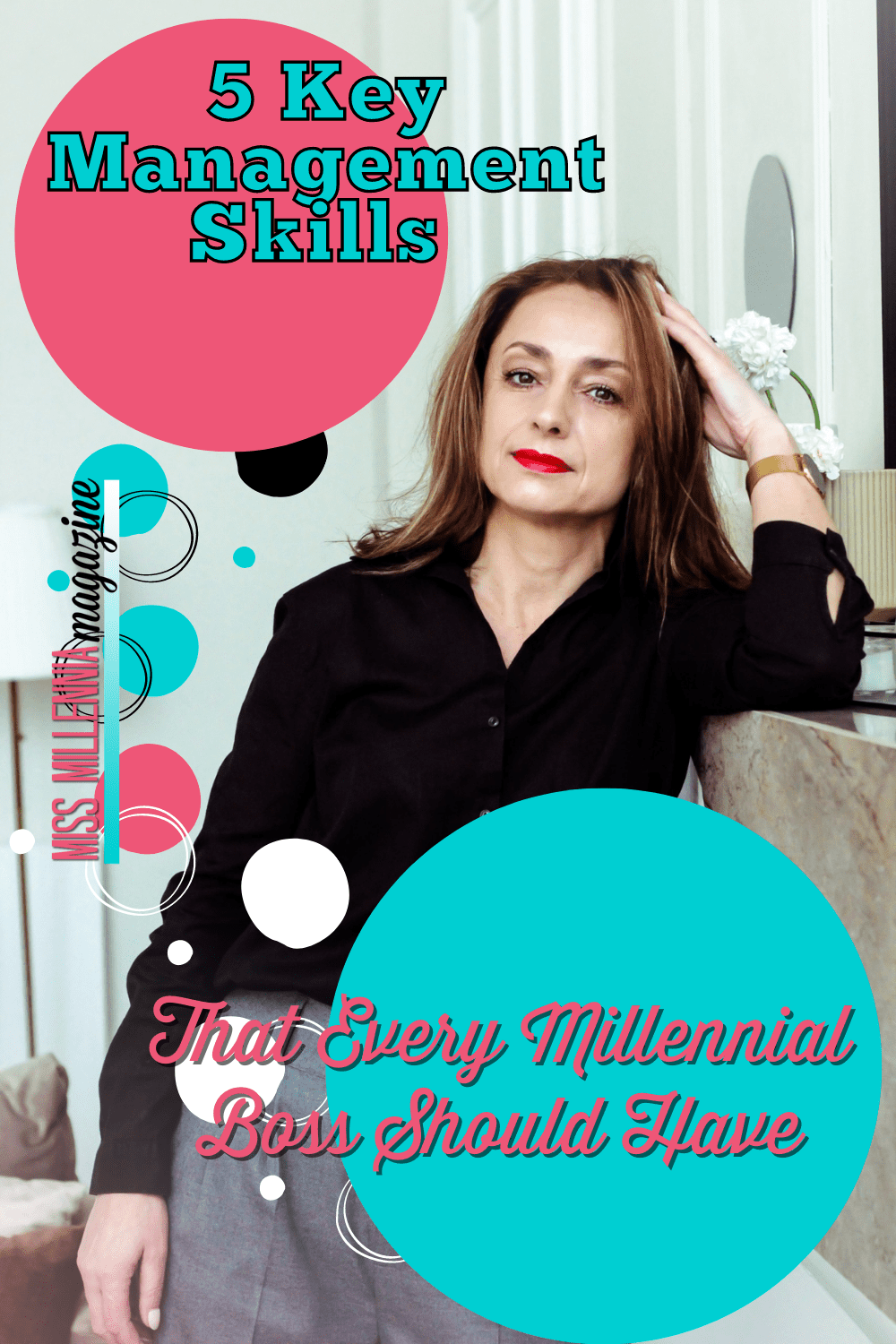Debt-Free Love Story: How One Couple’s Promise to Stop Using Credit Cards Rekindled Everything
There was this fight over money between us. It wasn’t an overt fight—we weren’t screamers and we didn’t like to argue—but it was there, permeating the room all the time like a poisonous gas, sightless and scentless but lethal just the same. It infected everything. It was a silent-treatment standoff of a fight over who wasn’t earning enough, which of our money choices was making the relationship unstable, and which of us was to blame for our debt and the reverberating mess.
Maybe, had we fought it out, had we raised our voices and splattered the walls with our shame and frustration, we would have done better. But, no—scratch that—the couples we knew who fought loudly and nastily over money had already perished as a team, and had long ago hit the road looking for less landmine-filled nesting grounds.
There was the crazy stuff: we’d hear about secret post office boxes with $200,000 in credit card debt that was hidden from the other partner, and then, the burn-all-bridges divorce. Or one partner’s leveraging of all they had for a jewelry stash worth more than their house. But it was the everyday, “normal” stuff that was most upsetting. Every couple we knew had trouble with overspending, blame and money vagueness, and angst with each other about it. There always seemed to be one partner in these pairings who thought that their money issues were the other’s fault. And debt, it seemed, began to play a bigger and bigger role.
So, we said to ourselves, maybe it’s just about working harder. Maybe we should do everything we can to make more money and work more hours. But that made no sense since my husband already had two school jobs—one very physical one and another teaching, and I worked like crazy, moving from one high-pressure non-profit job to another searching for higher pay and more sanity.
Then again, maybe it was about having fewer needs—or, no needs, really. But self-deprivation would realistically only last us a month or two—three at the outside—and then we were back to what it really cost us to live, to what we were doing with credit to fund our expenses, and to facing off on our “wants.”
So, we parted. We couldn’t “get” it; we couldn’t figure it out. With no extra money and mounting debts, long-term counseling was not an option. We didn’t know what to do.
I remember when it hit me that we were about to break. We were sitting at The Tadich Grill in San Francisco—a dinner my husband was going to put on our already racked-up credit card—and I was softly crying, telling him how miserable I was at my work, and that I needed to change. “You can’t leave,” he said, panic rising in his voice. “We need that money to pay the minimums.”
When we divorced I went into a spin about my work and my direction in life. I was afraid I harbored an inability to love. There were things I wanted in the world—most of them creative aspirations—but it didn’t seem right or fair or even necessary that these should get in the way of real love. I still loved my ex-husband, but there it was: I lived in Los Angeles, and he lived in San Francisco, and though we talked on the phone from time to time and always made each other laugh, we were no closer to solving our issues. I had moved with $700 in my purse, my car filled with clothes and a friend’s place to stay until I found work. My money problems were not improved by my leaving, and I knew it.
In L.A. the relationship money stakes were higher. I was just as likely to date an under-earning carpenter with a twice-a-year, day-player gig on a soap opera as I was a man who had $400,000 in indie-filmmaker credit card debt. Leveraging borrowed money, in some dating circles, was an art form.
But it was what I faced in myself once I was on my own that was eating at me. It seemed I was the common denominator. I wrote grants for a living—a kind of cosmic joke, my work being all about raising money—and would earn just enough to cover my expenses for a while and then spend the extra cash until it ran out. Then I used credit to live until I found another gig. All I wanted was time—to figure out what in the world I could do that I enjoyed, what would support me.
Twice I got bailed out by car accidents—not my fault, but traumatic even with a pay-off that zeroed out my balances. When my writing business picked up, I felt much better. I could buy things on cash. I took some trips, bought a new car. It lasted long enough for me to feel my earning power, but since I never liked my work, not long enough to change my way of living. I never saved—I didn’t see the point.
Then, in a last-ditch, magical-thinking, put-it-all-on-the-table gamble, I used my credit lines to fund a major, expensive music project. And I fell on my face. I had believed the new-age hype of “do what you love and the money will follow,” and I had stood on my God-given American right to use my credit lines for “a good cause.” But debt, I found, is like being a lobster in a pot: you don’t know how hot the water is getting until you’re nearly cooked.
I couldn’t stand it anymore. I was getting older. I had to change. After the drastic measures—subletting my apartment, discharging some of what I owed, and starting over with nothing—I started working a simple system to live on cash. I still owed a sizable chunk and was terrified I’d start the whole horrible cycle over again. It would kill me—after all of this loss—to let myself slip back down into the same pit I was incrementally crawling out of.
It took a year to find a decent-paying job, to lose the $11-an-hour temp emergency jobs, and to settle in to living again. I planned—not just tracked—what I had to spend in each of a few simple categories: food, fuel, dry cleaning—even vacations and “blow it” money. I made my remaining debt payment. All of my credit cards had long been cut up and accounts closed. It worked. I downsized, sure, but I felt the first financial freedom I had ever felt.
About two years after I had been living on cash I met my ex- for lunch in San Francisco. We laughed—a lot. When I got home he called and said, “Let’s get back together. We’ve been each other’s partner for better or worse, even when we’re apart, so let’s just do this.”
When I asked him if he would be willing to cut up his credit cards, he thought I was crazy. He owed about 25% of his income—and used his cards regularly. I said, “I understand if you can’t, but I can’t go through that again.”
Two weeks later he called and said he’d do it. We sat down. We agreed to live as well as we could together on our cash, to pay just a little more than the minimums, and to leave the debt alone until it was gone. We set aside monthly, reasonable cash amounts for our past debting downfalls—dinners, clothes, coffee bar, lunches, a travel account, and simple things like a car repairs account. It worked.
When we married again we made a vow: when there was trouble we would turn towards the relationship instead of away from it. We would lay the unsolved issue on the table and be willing to look at it, messy and without a solution. Had we had the courage to do that once, we would not have parted, we would not have spent fifteen years in the abyss of debt and money denial that had kept us apart.
What I say now is that living debt-free has been an absolute aphrodisiac, a powerful stand in a love affair that righted the tipping ship, and brought order, peace, and clarity back to the waters of a broken and stormy marriage. And—who knew?—with more peace, there has been more room for sensuality, and more openness to each other intimately. As our financial life has settled, our sex life has found its freedom again.
And a just over a year ago, we made our last debt repayment. After a lifetime of debt, we owe nothing.
We laugh at ourselves regularly about it all: we had thought that our wildness—our uncontrolled and “spontaneous” spending made us more romantic, that running out to an expensive dinner we couldn’t afford and putting it on the cards would give us an immediate fix. But it had done just the opposite. It had just blinded us, and dug a deeper hole.
The reclaiming of a marriage is a huge and amazing thing. And living without credit did it. It opened all the doors again, and let us breathe with each other. The debt-elephant that used to crowd our hallway no longer blocks the door to our bedroom. The money fights that used to seep like poisonous ethers into every room have dissolved and disappeared. The choices we make are about who we are and not what we’re chained to. It’s incredible to the two of us every day that we wake up together, but it’s also a humble lesson in willingness. We had to fall on our faces before we got there.
I once had this idea that I could get where I wanted to go faster and with more success by fronting myself money, and it nearly ruined my life. And I lucked out, I got another turn at bat. I know now that there is no fast-track for finding my way—in life or in love—and that it has to come in slow, steady, honest steps, especially after I’ve fallen down.
But second chances are real. They can work, and they do. And I’m here to share that it’s worth every ounce of effort.






